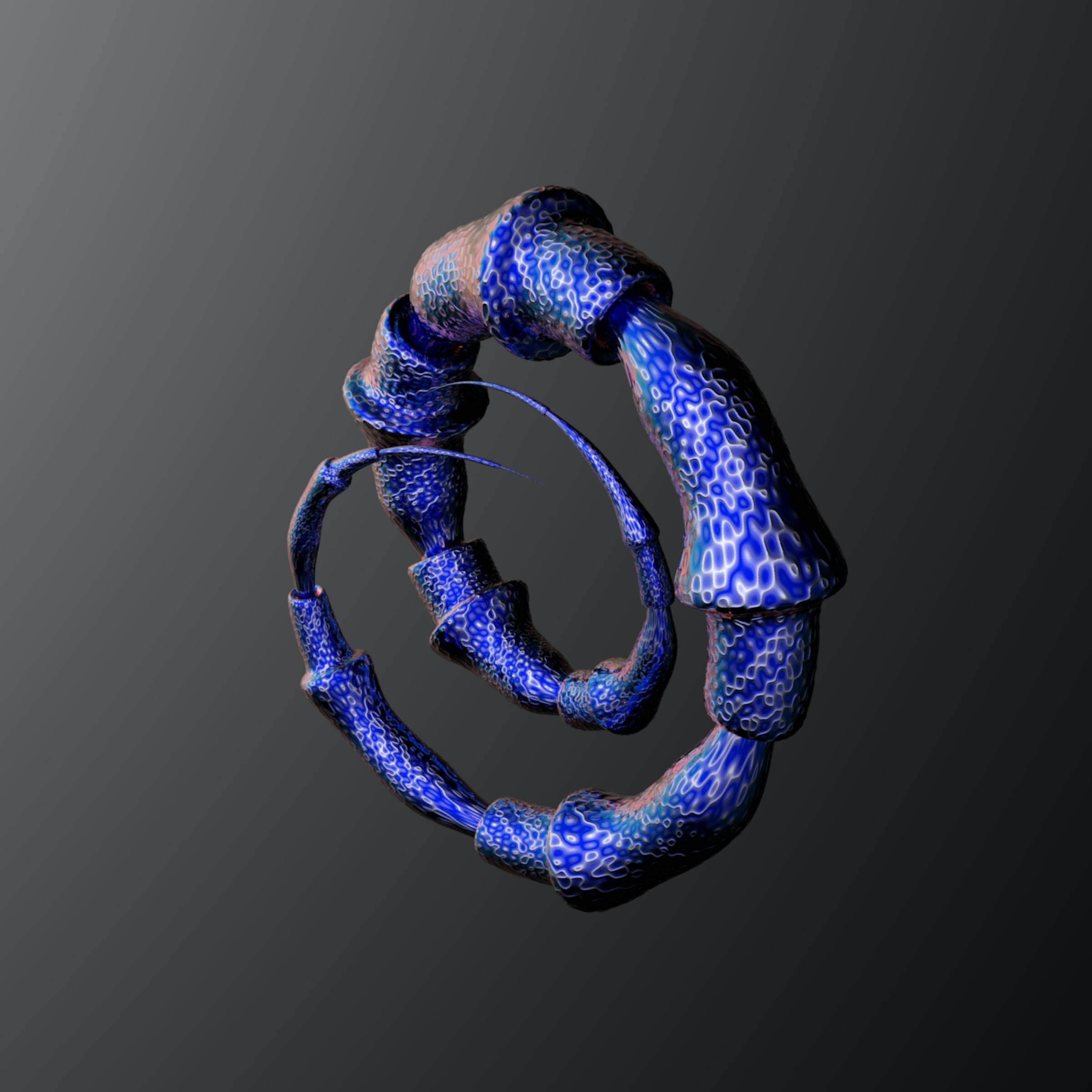

The Ultimate Guide: Human Foods That Are Safe for Cats
When it comes to feeding your cat, it's important to know which human foods are safe and healthy for them. While cats have specific dietary needs, there are some human foods that can be incorporated into their diet in moderation. Here are some examples:
Fish
Cats are known to love fish, and it can be a great source of protein and omega-3 fatty acids for them. However, it's important to note that not all types of fish are safe for cats. Cooked fish like salmon and tuna can be given to cats occasionally, but avoid raw fish as it may contain parasites or bacteria that can be harmful to them.
Chicken
Plain, cooked chicken without any seasoning or bones can be a safe and tasty treat for cats. It's a good source of lean protein and can be given to them in small amounts. Just make sure to remove any skin or fat before feeding it to your cat.
Vegetables
Some vegetables can be a healthy addition to your cat's diet. Steamed or cooked vegetables like carrots, peas, and green beans can provide them with essential vitamins and fiber. However, cats are obligate carnivores, so vegetables should only be a small part of their diet and should never replace their primary source of protein.
Fruits
While cats don't require fruits in their diet, certain fruits can be given to them as an occasional treat. Small amounts of sliced apples, bananas, or berries can provide them with some extra nutrients. However, avoid giving them grapes or raisins, as these can be toxic to cats.
Dairy Products
Contrary to popular belief, most adult cats are lactose intolerant and should not be given regular milk. However, some cats can tolerate small amounts of lactose-free dairy products like plain yogurt or cheese. It's always best to consult with your veterinarian before introducing any dairy products into your cat's diet.
It's important to remember that while these human foods can be safe for cats in moderation, they should never replace a balanced and nutritious cat food diet. Always consult with your veterinarian before making any significant changes to your cat's diet, and monitor their reaction to new foods for any signs of allergies or digestive issues.
References:
- ASPCA. (n.d.). People Foods to Avoid Feeding Your Pets. Retrieved from https://www.aspca.org/pet-care/animal-poison-control/people-foods-avoid-feeding-your-pets
- Cornell Feline Health Center. (n.d.). Feeding Your Cat. Retrieved from http://www.vet.cornell.edu/departments-centers-and-institutes/cornell-feline-health-center/health-information/feline-health-topics/feeding-your-cat
Related Posts
© 2024 Invastor. All Rights Reserved

User Comments